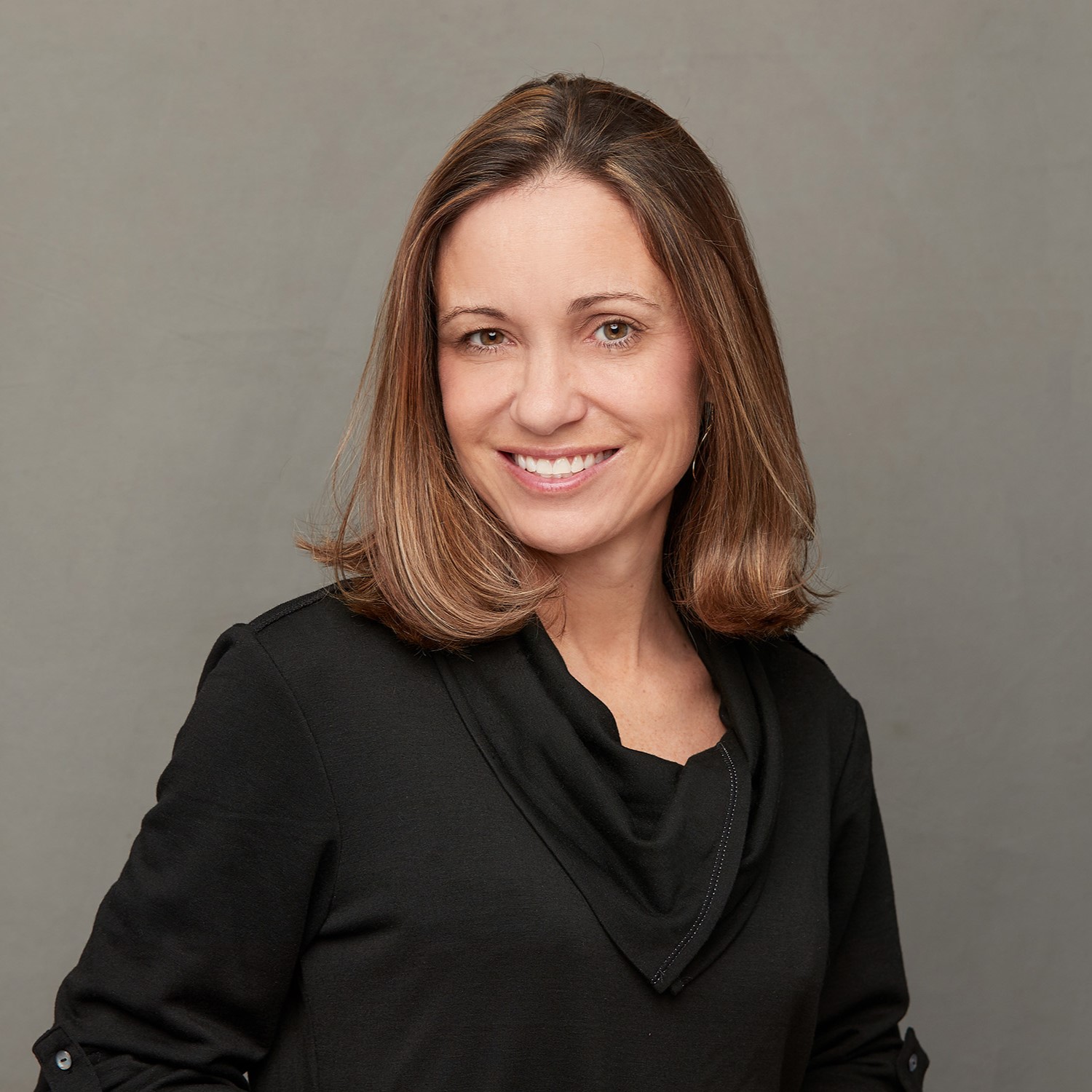Integrative Studies: Educational Careers (BSEd)
Degree Timeline
Semester I (15 credits)
- ENGL 1010: English Composition I
- MATH 1420: Foundations of Mathematics
- HIST 1110: World History to 1500 OR HIST 1120: World History Since 1500
- POLS 1030: American Government
- Fine Art**
Semester II (15 credits)
- ENGL 1020: English Composition / Analysis
- HIST 2010: US History to 1877 OR HIST 2020: US History Since 1877 OR HIST 2030: TN History
- EDPR 2111: Development Across Lifespan
- COMM 2381: Oral Communications
- Humanities**
**Visit UofM's course catalog > for Fine Arts and Humanities course options.
Semester I (15 credits)
- SPED 2000: Introduction to Critical Foundations of Inclusive Education
- SOCI 1010: Introduction to Sociology
- PETE 3604: Teach Phys Ed/Health/K-Middle
- ENGL 2201: Literary Heritage OR ENGL 2202: Literary Heritage: African American
- Natural Science & Lab (4 hrs)**
Semester II (16 credits)
- ENGL 3500: Practical English Grammar
- IDT 3600: Digital Literacy and Multimodal Instruction
- ICL 4001: Role of Family, Cultural, and Community Assets in Education
- ESCI 1301: Survey of World Religions OR ESCI 1401: Intro/Cultural Geography
- Natural Science & Lab (4 hrs)**
**Visit UofM's course catalog > for Natural Science course options.
Fall Semester (15 credits)
- LITL 3001: Literacy Mentoring
- SPED 3201: Supporting Students in Diverse Settings
- SPED 4111: Introduction to Applied Behavior Analysis
- SPED 4113: Applied Behavior Analysis / Strategy
NOTE: SPED 4111 is a first Part of Term, seven-week class, and SPED 4113 is a second Part of Term, seven-week class. These need to be taken in order. SPED 3201 is second Part of Term Fall Semester and only offered in fall semester.
Spring Semester (15 credits)
- SPED 4112: Assess / Measure / Applied Behavior Analysis (first PoT)
- SPED 4114: Practitioner Issues / ABA Credit (first PoT)
- SPED 4900: Consultation School / Family / Community (second PoT)
- LITL 3001: Literacy Tutoring (full semester)
- EDPR 3302: Child / Adolescent Development (full semester)
NOTE: SPED 4112 and SPED 4114 are first Part of Term, seven-week classes. They need to be taken at the same time in the same seven weeks.
SPED 4900 is a second term, seven-week class and is ONLY offered in the Spring semester each academic year.
**IF YOU TRANSITION TO EDUCATIONAL CAREERS DURING THE SPRING COHORT**
NOTE: The ABA classes continue into summer in order to meet BACB national timelines for RBT coursework.
Spring Cohort (15 credits)
- EDPR 3302: Child/Adolescent Development
- SPED 4900: Consultation School / Family / Community
- SPED 4111: Introduction to Applied Behavior Analysis (first PoT)
- SPED 4113: Applied Behavior Analysis / Strategy (second PoT)
- LITL 3001: Literacy Mentoring
Summer Semester (6 credits)
- SPED 4112: Assess / Measure / Applied Behavior Analysis (first summer)
- SPED 4114: Practitioner Issues / ABA Credit (first summer)
Please select electives that complement your degree path or future goals. Students may choose to take a course listed below or another course of their choice. It is suggested that you work with your advisor in selecting electives. The choices below have been selected frequently and are listed as a reference.
Behavior-Related Career Path:
- CDFS 3401 – Parent-Child Relations
- CDFS 4220 – Understand Chldn/Behv/Guide
- PSYC 1030 – General Psychology
- PSYC 3103 – Child Psychology
- PSYC 3210 – Abnormal Psychology
- SPED 3803 – Behavior Management in SPED
- PSYC 4034 – Children Soc Relationships - Prereq: child psych course + dept permit (child psych available as another elective)
- PSYC 3030 – Multicultural Psychology
Education-Related Career Path:
- CDFS 3401 – Parent Child Relations
- CDFS 4220 – Understand Chldn/Behv/Guide
- HLSC 3306 – Elementary School Health and Wellness
- LEAD 2010 – Foundations / American Education
- ICL 4001 – Role of Assets in Education
- PSYC 1030 – General Psychology
- SPED 2010 – Intro to Comm Disorders
- SPED 3803 – Behavior Management in SPED
- SWRK 2010 – Introduction to Social Work
- PSYC 3305 – Psychology of Learning / Memory Prereq: Psych 1030
- LITL 4240 – Literacy in Grades K-4
- LITL 4239 – Foundations Skills: Phonological Awareness and Phonics
- ICL 3000 – Principles of Teaching - Prereq: EDPR 2111 & LEAD 2010
- ICL 3333 – Stdnt Assess / Inst Dec Mkng: (3)
- AUSP 2001 – Introduction to Communication Sciences and Disorders
Family-Related Career Path:
- CDFS 2101 – Family/Global Perspective
- CDFS 3401 – Parent-Child Relations
- CDFS 4220 – Understand Chldn/Behv/Guide
- PSYC 3103 – Child Psychology
- SWRK 2010 – Introduction to Social Work
- SWRK 3010 – Soc Response to Human Need
- SWRK 4060 – Social Work Integrated Health
- SOCI 3831 – Sociology of the Family
- ANTH 3511 – Culture, Kin & Family
- COUN 4611 – Intro to Counseling
- PSYC 3030 – Multicultural Psychology
- COMM 4340 – Listening

